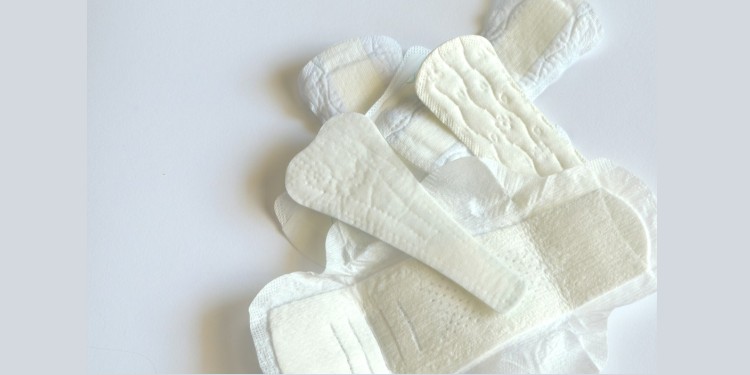Let’s be honest. The menstrual period can be quite uncomfortable for many women. However menstruation is one of the vital processes of a woman’s body which deserves utmost caution and self-care. Ensuring proper hygiene during the period and eating right can help you stay energized during your period.
Here are some tips to help you stay strong and healthy during your period.
Change your sanitary napkin every 4-6 hours
Changing sanitary napkins or tampons every 4-6 hours is the cardinal rule to establish vaginal hygiene. Menstrual blood, when released from the body, attracts various organisms from our bodies. These organisms can multiply in the warmth of the blood, and cause irritation, rashes or urinary tract infections. Changing your sanitary napkin or tampon regularly minimizes the growth of these organisms and prevents infections.
Wash yourself properly
Washing your vagina regularly is extremely important during your period. This is because the organisms cling to your body after you have removed your sanitary napkin. Most people wash themselves regularly, but not the right way. Because your vagina is more sensitive than other parts of your body, it requires a different kind of wash. Use your hands in motion from the vagina to the anus, not the other way around. Motioning your hand from the anus to the vagina can lead to the transmission of the bacteria from the anus into the vagina or urethra opening leading to infections. Always wash your vagina externally and never use normal soap, douches or shampoo on your intimate area. These can upset your natural flora and acidity. Washing with warm water is enough.
Discard sanitary products properly
Disposing of your tampons and sanitary napkins properly is an important period hygiene. Wrap them properly before you throw them away. This helps prevent the spread of infections. Make sure you don’t flush them, since that will block the toilet causing the water to back up and spread bacteria. Washing your hands properly is also very important after you have wrapped and discarded the used tampons and sanitary napkins, since you’re likely to touch the stained area while wrapping them.
Hug a heating pad
The cozy warm feeling of a heating pad on your tummy is quite soothing when you have period cramps. It can soothe your muscles, easing your body’s discomfort and minimizing cramps.
Stick to one method of sanitation
Women tend to use tampons and sanitary napkins, or wear two sanitary napkins at the same time during heavy flows. While it may keep you dry and prevent stained clothes, it can be an infection risk. The combination of two techniques absorbs the blood making us oblivious to the need to change our tampons and sanitary napkins. Without frequent change, the accumulated blood invites bacteria and causes infections. So, it is advisable to use one sanitary napkin or tampon and change it as frequently as you can during a heavy flow.
Eat healthy foods
Try eating more fresh fruit and green veggies. When you eat enough of the right foods it can make all the difference. You can also avoid foods that can make your period symptoms worse such as junk food, chocolate and salty foods. Try snacking on carrots, apples or blend up a smoothie. Plus, fruits and veggies contain lots of water, so you are filling up on the good stuff and staying hydrated at the same time.
Consider your wardrobe
Avoid tight clothing or fabrics that don’t breathe. Wearing clothing close to your vagina can cause increased moisture and heat and also irritate your skin. Wear cotton underwear and loose fitting clothes to stay fresh and dry.
Track your period
Being prepared is your best defense when it comes to your period. Record your period each month on a tracker to chart when it starts, how long it lasts, how heavy it is on each day, and what symptoms you have before, during, and after. After a few months you are likely to see a pattern and you will be prepared. For example if you notice that you usually have pain on the first day of your period, then you can have pain killers handy a few days before your period even starts.
There are no absolute solutions for all the discomfort that periods can bring but these cardinal rules will help you stay healthy and manage your period better.
